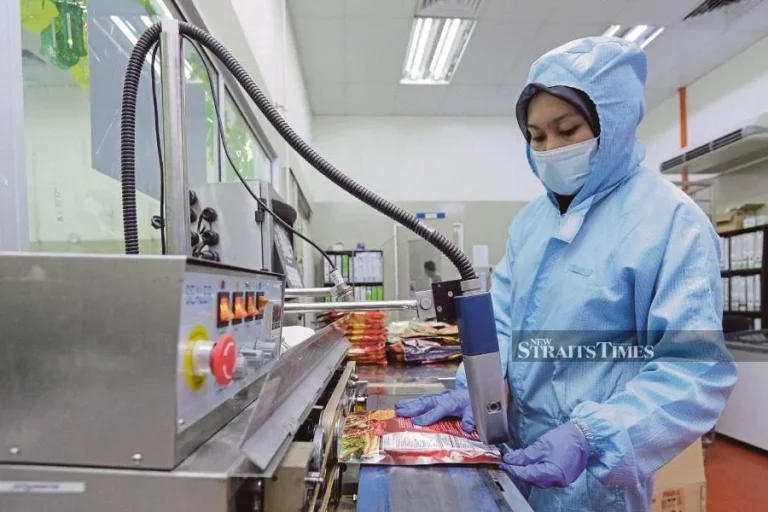By Adriana Asmaa’ Mohd Ezanee, Research Analyst, Institut Masa Depan Malaysia
THE public’s attention is drawn to food security due to the Covid-19 pandemic, which had a serious impact on economic stability, local and global public resources and above all, public health.
The World Economic Forum has reported experts’ warnings on worsening situations due to the pandemic and Russia’s invasion of Ukraine.
According to the United Nations, nearly nine per cent of the global population faces hunger, while 840 million will face food insecurity by 2030.
National Recovery Council chairman Tan Sri Muhyiddin Yassin recently reminded the government to reactivate the special council set up to address the nation’s food security and prevent another food crisis in the country due to depleted food supply.
The impacts on the agricultural industry, especially smallholders who were more vulnerable during or after the pandemic, were mainly due to the lack of resilient supply networks, low periphery of market access and limited production.
The reactivation of the special council on food security, said Muhyiddin, would help address food crises and enhance food production.
Indeed, food insecurity has become a sharper focus for governments the world over.
The fact that Malaysia’s food security is in danger due to developing global shocks is disheartening, compounded by high inflation around the globe, which results in supply shortages.
Malaysia’s recent move to ban chicken exports has significantly affected Singapore. But the ban has caused Malaysia to lose its market and competitiveness as Singapore now sources its chicken from Indonesia.
To restore the chicken supply chain, it is pertinent to tackle the problems of labour shortage and sick chickens concurrently as they are inter-related.
A transition towards more cutting-edge, innovative and synergistic solutions should be adopted by breeders.
A research and development (R&D) initiative carried out by a team of Universiti Putra Malaysia researchers on automated farms allows farmers to convert their chicken open-home concept into a closed house.
The university now owns a state-of-the-art closed poultry house, equipped with temperature and humidity control systems in a three-storey cage that could hold 7,500 broiler chickens.
Closed-house poultry farms can boost chicken supply. It is crucial for farmers with limited resources to be given aid to invest in advanced technologies to address the shortage of chicken.
According to the Department of Statistics, Malaysia has been dependent on feed imports from Argentina, amounting to RM4.6 billion in 2020.
The price further escalated due to global chain disruptions.
It is time for the government to focus on lowering the cost of chicken feed, which accounts for 70 per cent of the total cost of chicken production.
Grain maize is the main ingredient of processed chicken feed and at least two million tonnes are imported each year to rear chickens.
The development of science and technology in R&D is of importance for local breeders and key players of other industries to explore and use to increase productivity.
With the government’s support, food insecurity issues could be minimised.
Innovation and creativity need to be encouraged among local companies to address these issues.
One local company, Famox Plantation (M) Sdn Bhd, the largest grain corn producer in Kedah, has been able to reduce the cost of one tonne of grain maize production by RM1,000 in comparison with imported maize.
The company’s reliance on new technology has set it apart from others, including its game changer in the form of a mobile grain dryer that dries up grain maize and allows for it to be kept for a long time.
R&D plans and policies in all fields, particularly agriculture, must be introduced to safeguard our food security and expand trade exports for international market competitiveness.
Tech adoption must be driven by the government.
The United Nations’ Committee on World Food Security stated that food security means all people have access to sufficient, safe and nutritious food at all times.
There is huge potential for smart poultry breeding and farming in this country, especially using the Internet of Things and drones.
The key to food security is effective R&D, which can push the food industry into the production of sustainable food, future foods, safety and innovation while capturing new growth opportunities for the market.
Source: https://www.nst.com.my/opinion/columnists/2022/09/828739/rd-key-food-security-during-crises
Image: https://assets.nst.com.my/images/articles/food_Industry0509_1662393912.jpg
